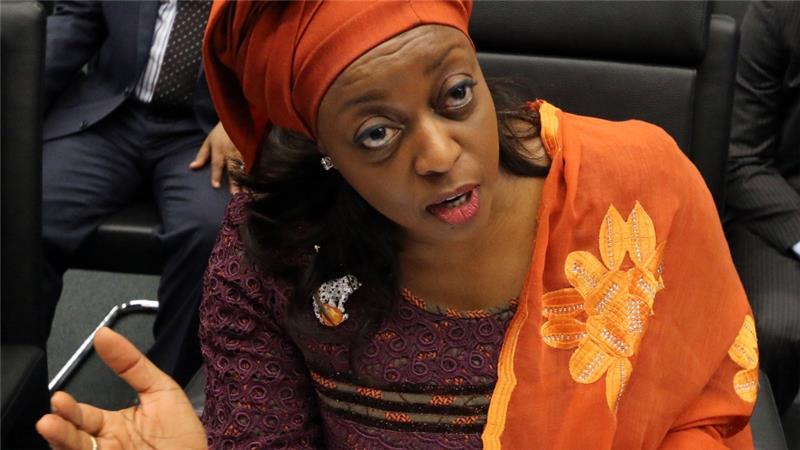Diezani Alison-Madueke, Nigeria’s former Minister for Petroleum Resources, appeared in Westminster Magistrates Court on Monday, facing charges of receiving bribes in exchange for awarding lucrative oil contracts during her tenure from 2010 to 2015.
The prosecution alleges she accepted cash, luxury goods, private jet flights, and the use of high-end properties in Britain.
Alison-Madueke, a prominent figure in Nigerian politics, is the second high-profile Nigerian politician to be prosecuted in Britain recently, following James Ibori. Nigeria’s anti-corruption agency has also sought her extradition to face money-laundering charges in her home country.
During the hearing, Alison-Madueke, who had been living in St John’s Wood in London since her arrest in 2015, only provided her name, date of birth, and address. Her lawyer stated that she would plead not guilty to the charges.
The charges against her, all related to events alleged to have taken place in London, include the receipt of £100,000 in cash, payment of private school fees for her son, use of luxury properties, a Range Rover car, and shopping sprees at Harrods and Vincenzo Caffarella.
Prosecutor Andy Young emphasized that these advantages were given to secure oil contracts worth billions of dollars.
District Judge Michael Snow granted her bail with stringent conditions, including an 11 p.m. to 6 a.m. curfew, an electronic tag, and a £70,000 surety.
Alison-Madueke’s next court appearance is scheduled at Southwark Crown Court on October 30, where she will face serious criminal charges.
The Nigerian Economic and Financial Crimes Commission (EFCC) has obtained an arrest warrant and initiated extradition proceedings, indicating she will also face charges in Nigeria.
This case highlights the global reach of corruption investigations and the determination of authorities to bring high-ranking officials to justice, as Nigeria continues to grapple with systemic corruption in its political class.

 Forex3 weeks ago
Forex3 weeks ago
 Naira3 weeks ago
Naira3 weeks ago
 Billionaire Watch3 weeks ago
Billionaire Watch3 weeks ago



 Naira3 weeks ago
Naira3 weeks ago






 Naira2 weeks ago
Naira2 weeks ago




 Naira2 weeks ago
Naira2 weeks ago




 Naira4 weeks ago
Naira4 weeks ago






 Naira1 week ago
Naira1 week ago






















